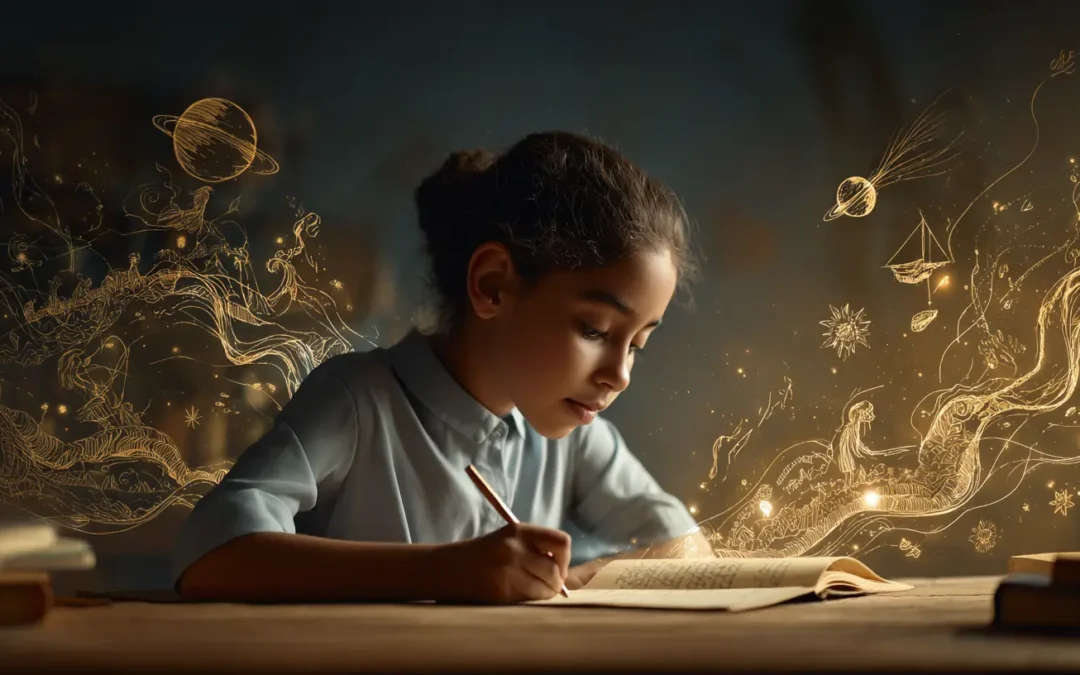Writing fiction is like putting together a complex puzzle that taps into a wide range of critical thinking skills. It all starts with analysis. Fiction writers dive deep into human behavior, societal norms, and cultural contexts to craft believable characters and settings. This means breaking down the building blocks of storytelling—like plot structure, themes, and character development—to create a story that feels complete and cohesive.
Then comes synthesis. Writing fiction isn’t just about one idea; it’s about blending together a mix of diverse ideas, experiences, and information into something new and unique. Writers pull from their understanding of different genres, historical contexts, and even their own personal experiences to weave original stories that connect with readers. This creative fusion of influences results in narratives that are rich and multi-layered.
Throughout the writing process, evaluation plays a big role. Writers are constantly assessing their work to ensure it makes sense, feels real, and hits the right emotional notes. They think about whether their characters’ motivations are believable, whether the plot flows logically, and whether the dialogue feels authentic. Feedback from others is a key part of this process, helping writers fine-tune their stories until they reach the quality they’re aiming for.
Problem-solving is another crucial skill for fiction writers. Whether it’s fixing plot holes or figuring out why a character’s actions don’t quite add up, writers have to think creatively and critically to resolve these issues. This requires a deep understanding of all the story’s elements and how they fit together.
Inference is also key in fiction writing. Writers often have to imagine how characters would realistically react in different situations, filling in gaps in their knowledge with educated guesses. They anticipate the consequences of plot developments and how these will shape the story, ensuring everything remains believable and engaging.
Interpretation is another important piece of the puzzle. Writers draw from the world around them—social interactions, historical events, philosophical ideas—and weave these into their fiction. They also need to interpret their own emotions and experiences to portray them authentically through their characters, adding depth to the narrative.
When it comes to explaining complex themes and messages, fiction writers need to be clear and precise. They often explore deep and profound ideas, and it’s their job to make sure readers understand the significance of what’s happening in the story. This requires careful crafting of the narrative to ensure the underlying messages come through.
Finally, creativity is woven into every part of writing fiction. Writers use their creative thinking to invent new worlds, create unique characters, and develop original plots. But critical thinking is what makes sure these creative elements hold together and make sense. Bringing a fictional world to life takes deep thought, reflection, and the ability to connect the dots between different ideas.
In a nutshell, writing fiction is a mental workout that engages a wide array of critical thinking skills. From analysis to synthesis, evaluation to problem-solving, inference to interpretation, and beyond, fiction writers are constantly refining their thinking abilities. The result? Stories that are rich and thought-provoking – and engaging for their readers.



0 Comments